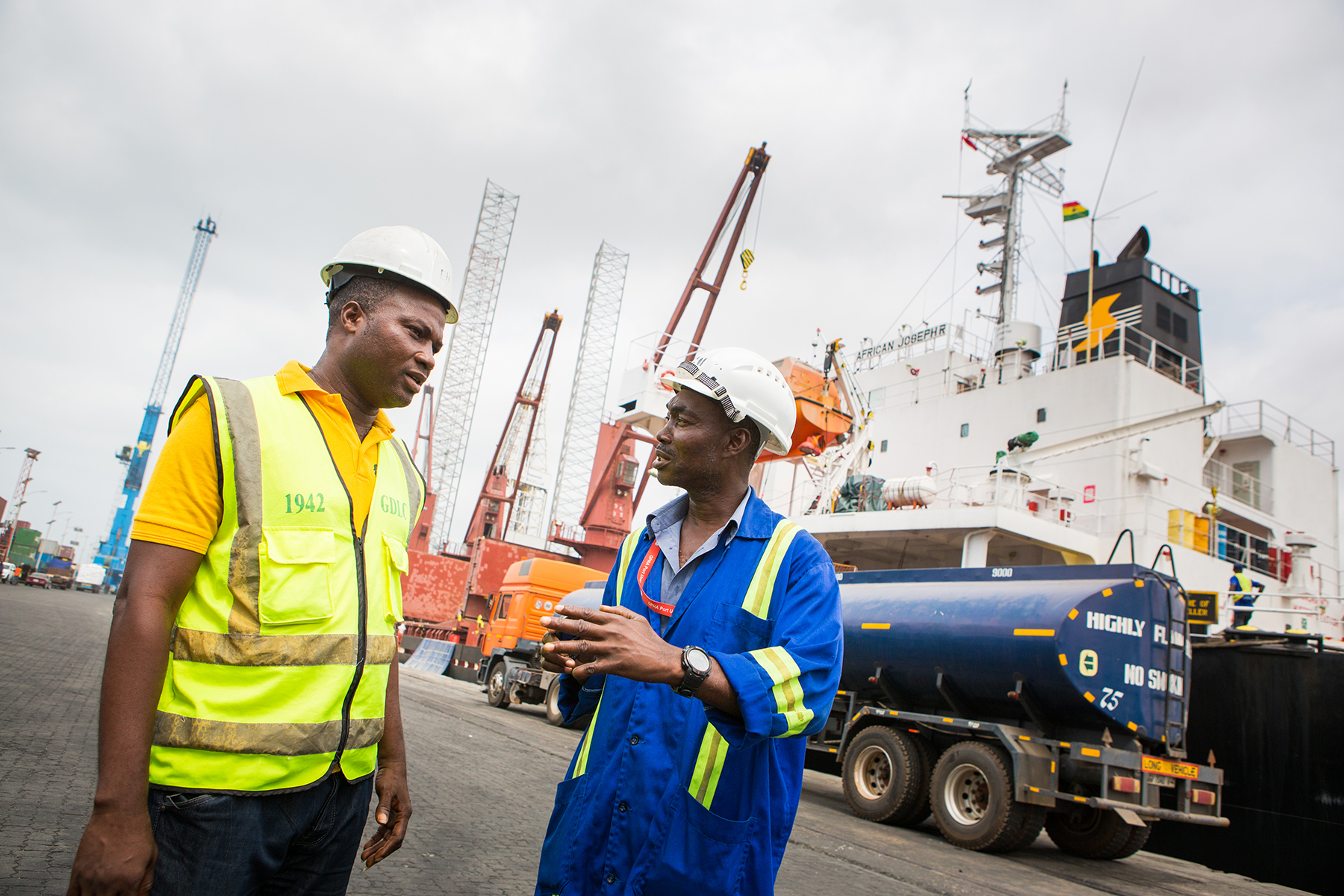Africa has arrived: from East to West


A cluster of African economies show substantial momentum in trade growth, with Côte d’Ivoire, Kenya and Ghana all taking a place in Standard Chartered’s Trade20 index, which ranks the 20 economies that have most rapidly improved their trade potential in the last decade.
The research considers a market’s economic dynamism (foreign direct investment, export and GDP growth), trade readiness (infrastructure, e-commerce, and ease of doing business) and export diversity, (the range of exports). While these are smaller economies that cannot be expected to match the overall potential of larger trading powers, Trade20 shows that they are nevertheless progressing quickly, albeit from a low base.
With favorable infrastructure, Côte d’Ivoire and Kenya stand out as opportunities for corporates and countries looking to strengthen trading relationships with Africa. The countries come in first and third place, respectively, in the overall Trade20 index ranking.
Côte d’Ivoire is propelled to the top of the Trade20 by improved potential in terms of trade readiness and economic dynamism. It has emerged from instability and political crisis to achieve impressive GDP growth for the last seven years.
In the 2020s, Standard Chartered expects the market to join the so-called “7% Club”: the group of economies sustaining a GDP growth rate of 7 per cent or above, which means they could double in size in a decade.
Côte d’Ivoire’s infrastructure development has outpaced its regional peers. For example, Abidjan, the country’s major urban centre, has been expanding its port and airport, functioning as a major business hub for West Africa. Government spending has also boosted the country’s manufacturing industry, and the administration is also making efforts to improve the business climate.
While it needs to attract more foreign direct investment (FDI), overall trade momentum suggests the country is well placed to enhance its future trade performance.
Kenya places near the top of the Trade20, coming in at number three. The market’s impressive potential for trade growth suggests that the government’s ‘Big Four’ development initiative – focusing on boosting manufacturing activities, achieving universal health coverage, improving food security, and supporting the construction of affordable housing – is working.
Kenya’s trade readiness score is particularly high, due to infrastructure and ease of doing business improvements that far surpass most other African nations in our index. The administration has been successful in attracting external investment for substantial infrastructure development, including renewable energy projects.
Improvements in Kenya’s ease of doing business ranking over the last few years have been driven by governmental reforms in areas including starting a business, access to electricity, registering property and protecting minority investors.
While the country faces key development challenges and rising debt levels, its ability to refinance debt obligations through commercial borrowing suggests investors are not yet overly concerned.
The Trade20 index suggests that Kenya is consolidating its position as the trading hub of East Africa, while Abidjan, Côte d’Ivoire’s economic centre, is assuming the mantle of West African trading hub. These markets are placing themselves in an excellent position to benefit from increased trade flows and foreign investment.
Philip Panaino, Transaction Banking Head West, Standard Chartered: “Home to some of the world’s fastest-growing economies, Africa has the potential to become a much bigger player on the global trade stage. Already connected with the trading powers in Asia, particularly China, through the Belt & Road Initiative, and with the launch of the African Continental Free Trade Area, we see numerous growth opportunities for trade and investment in the years ahead. Additionally, the growing young, digitally-savvy population and an increasing female workforce will aid in the continent’s economic transformation.”
There’s still a journey ahead, however. Apart from Ghana, the African markets in our index show limited momentum in terms of inward FDI flows, suggesting that most markets need to do more to encourage and reassure overseas investors.